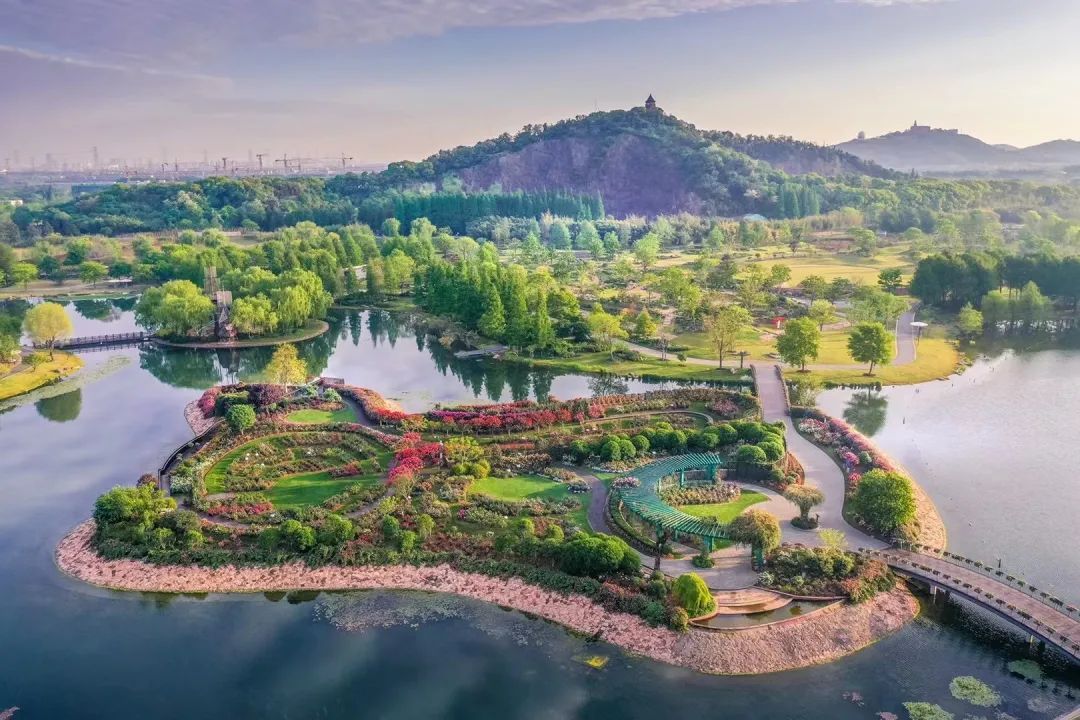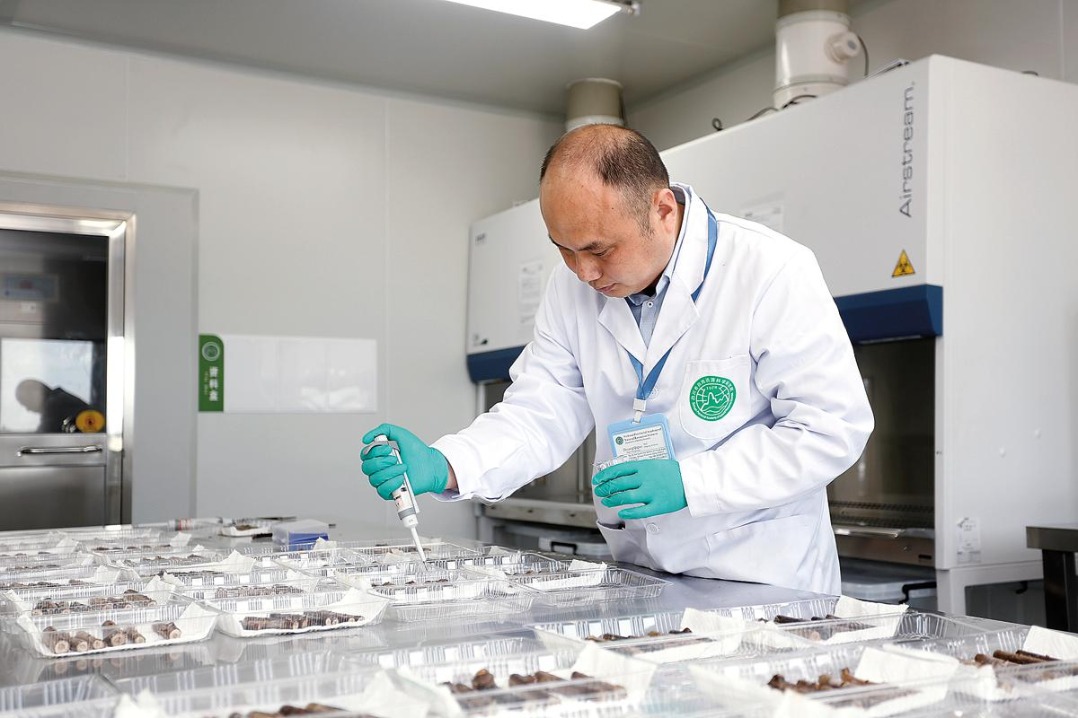First national botanical garden gains approval


Site in Beijing will promote plant conservation, high-level research
China will develop the country's first national botanical garden in Beijing, as the State Council announced the approval of its establishment in the nation's capital on Tuesday.
Using resources from the Institute of Botany of the Chinese Academy of Sciences and Beijing Botanical Garden, the national garden will be divided into two areas, according to an official reply from the State Council, China's Cabinet, to a request for the garden's approval.
The reply said the two areas will be constructed with unified planning and feature key functional areas, collection venues, scientific and research platforms and supporting infrastructure.
The garden will be jointly built by the National Forestry and Grass Administration, the Ministry of Housing and Urban-Rural Development, the CAS and municipal government.
"The garden will showcase the harmonious coexistence between humans and nature, show respect to nature by putting conservation first and share its benefits," the reply noted.
It will also promote the off-site conservation of plants and the systematic collection, preservation, high-level research and sustainable utilization of plant groups.
"The garden will demonstrate the charm of Chinese culture and biodiversity, and innovations will be encouraged in its construction. Meeting international standards, our national botanical garden will be built with Chinese characteristics," the council said in its reply.
Development of the garden will focus on the protection of plants and scientific research functions, the reply stressed, adding that requirements for the capital's management and control should be implemented, and the scale of the construction should also be reasonably controlled.
Botanical gardens not only shoulder the protection of plant resources but also safeguard the country's natural resources for future utilization and sustainable development, said Chen Jin, secretary-general of the China Botanical Garden Association.
The Wuhan Botanical Garden under the CAS, for example, has been conducting research and preservation work for species of kiwi fruit in China since the 1980s. So far, it has preserved 58 kiwi species and runs the world's largest kiwi gene bank.
"Botanical gardens originated from Europe," said Zhou Ju, an expert from the CAS' Bureau of Science and Technology for Development.
"For hundreds of years, botanical gardens have been used for various purposes, including medical use, agricultural development and as germ plasm resource banks."
Unlike botanical gardens in developed countries, which use them as educational tools and to promote biodiversity protection, those in developing countries now mainly function as domes for endangered plants, Zhou said.
At the 15th meeting of the Conference of the Parties (COP15) in October, China announced the development of botanical gardens in Beijing, Guangzhou in Guangdong province and other places.
So far, China has nearly 200 botanical gardens, conserving more than 23,000 plants, according to a white paper on biodiversity conservation released by the State Council last year.
- Yanji Yangtze River Bridge under construction in China's Hubei
- Former vice governor of China's Yunnan expelled from CPC, public office
- China's Xizang has over 17,000 5G base stations
- West urged to lift Xinjiang sanctions
- Nation revises occupational disease list
- Xizang sees progress in palace protection





































